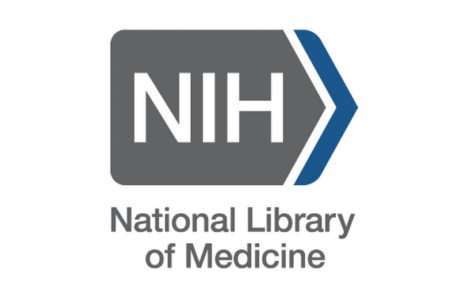
Editorial: Ion channels in epilepsy
By Akyuz et al
Channelopathies are an emerging group of genetically determined neurologic disorders affecting the functionality of ion channels with wide genetic and phenotypic heterogeneity. This editorial reviews the contribution of ion channels to epilepsy.

Drug-Drug Interaction Assessment for Therapeutic Proteins Guidance for Industry
By The FDA
The purpose of this guidance is to help sponsors of investigational new drug (IND) applications and applicants of biologic license applications (BLAs) determine the need for drug-drug interaction (DDI) studies for a therapeutic protein by providing recommendations for a systematic, risk-based approach.

Selective Serotonin Reuptake Inhibitor Toxicity
By Bruggeman et al
Selective serotonin reuptake inhibitors (SSRIs) are prescribed anti-depressants. SSRIs replaced monoamine oxidase inhibitors and tricyclic antidepressants as SSRIs are associated with fewer toxic effects despite variation in structure and pharmacokinetics.

Designer Benzodiazepines: Effects, Toxicity, and Interactions
By Balkhi et al
This review covers the effects of different Designer Benzodiazepines (DBZDs), available pharmacological evaluation tools, and their reported toxicity and potential pharmacodynamic and pharmacokinetic interactions with other drugs commonly co-abused with DBZDs.

Cardiovascular toxicity of tyrosine kinase inhibitors during cancer treatment: Potential involvement of TRPM7
By Liu et al
This article investigates the interaction between Receptor tyrosine kinases (RTKs) and TRPM7. Intracellular signalling through tyrosine kinases plays roles in cancer development. TRPM7 regulates transmembrane Mg2+ and Ca2+.

Nonclinical Toxicology Studies: Questions and Answers
By The FDA
This guidance provides information to sponsors and nonclinical laboratories regarding the use and management of whole slide images used during histopathology assessment and/or pathology peer review performed for good laboratory practice (GLP)-compliant nonclinical toxicology studies using non-human specimens.

Sensorion announces first patient enrolled in cisplatin-induced ototoxicity trial
By Jim Cornall
Cisplatin and other platinum-based compounds are essential chemotherapeutic agents for many cancers. A serious side effect of these therapies is ototoxicity, or permanent and irreversible hearing loss, which occurs in up to 50-60% of adult patients who survive cancer.

FDA evaluation of suicidal thoughts or actions in patients taking type 2 diabetes and obesity medicines
By The FDA
Glucagon-like peptide-1 receptor agonists are used to treat people with type 2 diabetes or to help those with obesity or overweight to lose weight. Preliminary evaluation has not found evidence that use of these medicines causes suicidal thoughts or actions.

FDA warns of rare but serious drug reaction to the antiseizure medicines levetiracetam and clobazam
By The FDA
FDA is warning that the antiseizure medicines levetiracetam and clobazam can cause a rare but serious Drug Reaction with Eosinophilia and Systemic Symptoms that can be life-threatening. It may present as a rash but can quickly progress, resulting in injury to internal organs, the need for hospitalization, and even death.

Nonclinical Evaluation of the Immunotoxic Potential of Pharmaceuticals
By The FDA
The purpose of this guidance is to assist sponsors in the nonclinical evaluation of the immunotoxic potential of pharmaceuticals. Immunotoxicity is defined as unintended immunosuppression or stimulation which can include adverse effects of exaggerated pharmacology of pharmaceuticals that are intended to act as immunomodulators.
